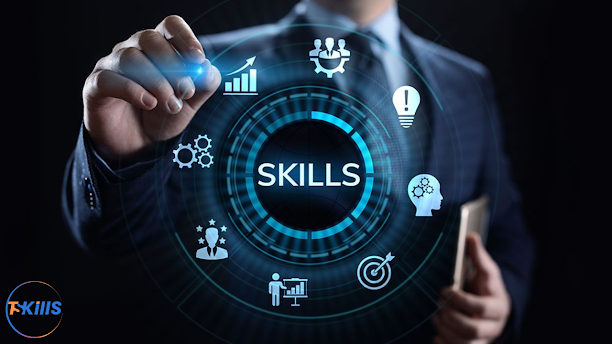About Technical Skills 360
Technical skills are the specialized knowledge and expertise required to perform specific tasks and use specific tools and programs in real world situations. Diverse technical skills are required in just about every field and industry, from IT and business administration to health care and education.
Technical skills, also known as hard skills, are qualities acquired by using and gaining expertise in performing physical or digital tasks. There are many different kinds of technical skills. Traditionally, people working in mathematics, computer science, mechanics and information technology have used many technical skills. Today, however, many more industries rely on employees with technical knowledge. For example, retail and foodservice workers often need to know how to use point-of-sale (POS) software.
Programming and Software Development:
- Proficiency in programming languages (e.g., Python, Java, C++, JavaScript).
- Understanding of software development methodologies (e.g., Agile, Scrum).
- Knowledge of version control systems (e.g., Git).
- Experience with integrated development environments (IDEs) and code editors.
Data Analysis and Data Science:
- Skills in data manipulation and analysis tools (e.g., SQL, Excel, R, Python libraries like pandas and NumPy).
- Knowledge of statistical analysis and machine learning techniques.
- Experience with data visualization tools (e.g., Tableau, Power BI, matplotlib).
Networking and Cybersecurity:
- Understanding of network protocols and architectures.
- Knowledge of cybersecurity principles and practices.
- Experience with network configuration and management tools (e.g., Cisco, Wireshark).
Systems Administration and IT Support:
- Proficiency in operating systems (e.g., Windows, Linux, macOS).
- Skills in server management and configuration.
- Knowledge of IT support tools and practices (e.g., ticketing systems, remote support).
Database Management:
- Skills in database design and management (e.g., MySQL, PostgreSQL, Oracle).
- Knowledge of database querying and optimization.
- Experience with database backup and recovery processes.
Cloud Computing:
- Understanding of cloud platforms (e.g., AWS, Google Cloud, Microsoft Azure).
- Skills in deploying and managing cloud services and infrastructure.
- Knowledge of cloud security and compliance.
Web Development:
- Proficiency in front-end technologies (e.g., HTML, CSS, JavaScript frameworks like React or Angular).
- Skills in back-end development (e.g., Node.js, Django, Ruby on Rails).
- Experience with web servers and hosting environments.
Engineering and Technical Design:
- Skills in computer-aided design (CAD) software (e.g., AutoCAD, SolidWorks).
- Knowledge of engineering principles and materials science.
- Experience with project management and technical documentation.
Electronics and Hardware:
- Understanding of electronic circuits and components.
- Skills in using tools for circuit design and testing (e.g., oscilloscopes, multimeters).
- Knowledge of embedded systems and microcontrollers.
Robotics and Automation:
- Skills in programming robotics systems (e.g., ROS, Arduino).
- Knowledge of automation technologies and PLCs (programmable logic controllers).
- Experience with sensors and actuators.
Developing technical skills often involves a combination of formal education, practical experience, and ongoing learning to keep up with technological advancements.
